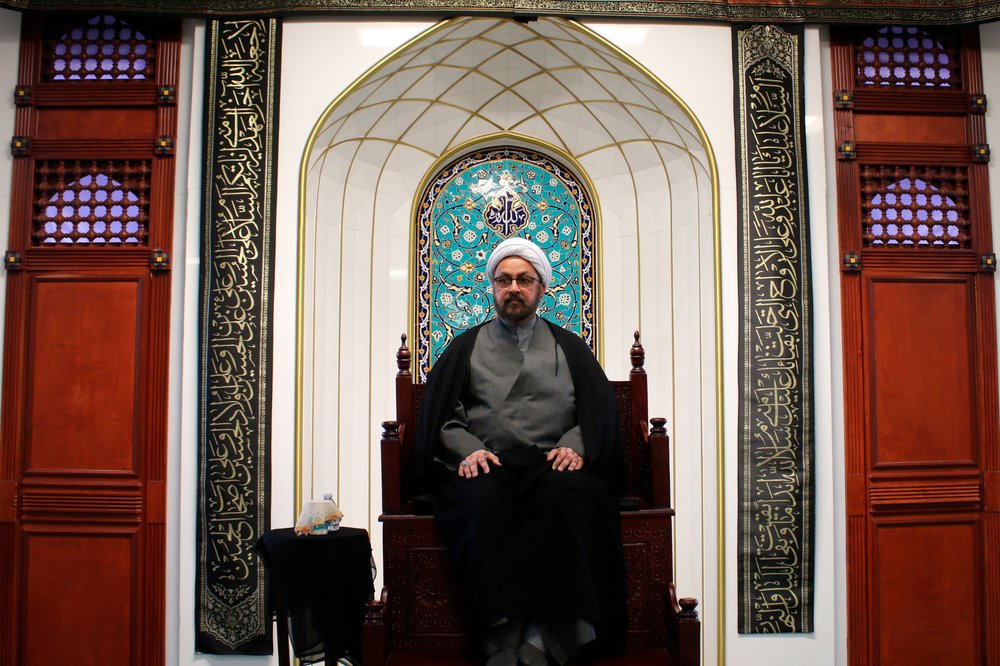
The need to produce U.S. trained Muslim religious leaders is increasing, according to AP. This is due in large measure to the Travel Ban as imams and scholars, who once came from the Middle East and were educated there, are having more difficulty entering the United States.
“There is a shortage of Muslim leaders as a whole in the U.S., whether it’s in Sunni or Shiite communities,” explains Jawad Bayat who recently graduated from Hartford Seminary in Connecticut, a non-denominational graduate school for religious and theological studies, and now serves as an imam and Muslim chaplain at an academic medical center in Cleveland, Ohio.
Al-Hujjah Seminary is the newest of several seminaries working to address this shortage. The seminary started in fall 2017 with about 35 registered students and now it has nearly 400. “In many other states there are mosques with no … functional imam, who can assume the responsibilities of the religious leader or even speak,” says Islamic Institute of America leader Imam Hassan Qazwini. “I thought maybe a long-term solution for facing this shortage is to have our own Shiite Islamic seminary in the U.S., instead of waiting for imams to come.”
Dr. Ali Nawras, a board member of the Ahlul Bayt Center in Toledo, Ohio, says that his mosque is looking for a permanent imam to meet its long-term objectives: working with Muslim youth and forging stronger bonds between the non-Muslim communities. “On one hand, you can find an imam who is very knowledgeable, very strong background in theology, but that person might not speak English or might have lived most of his life outside the country,” explains Dr. Nawras. “On the other hand, you might find someone who is born here and educated here, but they don’t have a good or strong theology background. To have a combination of both, that is where the challenge comes.”



